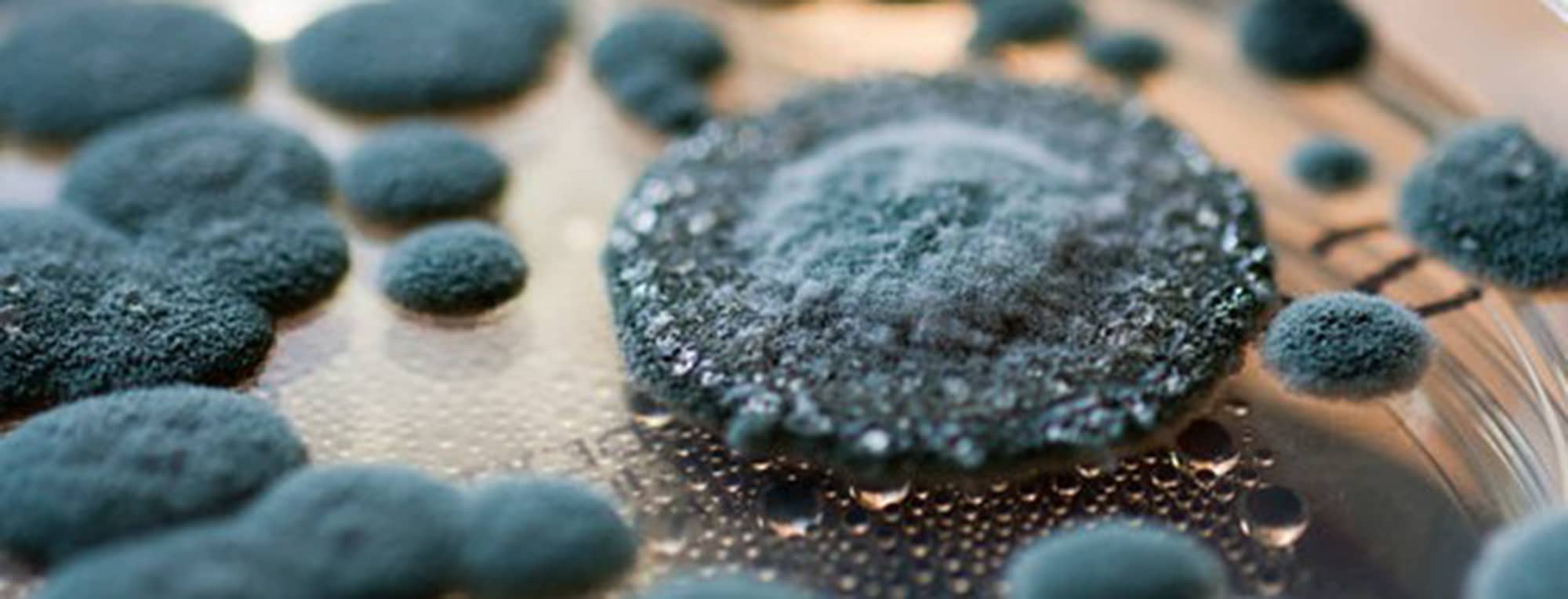
Black mold, is a genus of mold that is technically known as Stachybotrys. Black mold has a bad record for being a hazardous organism. Rather than being sidetracked by the sensationalized alarm, it is critical to take the time to thoroughly educate oneself on the subject. While the word “black mold” has a negative connotation and is more commonly referred to as “toxic mold,” don’t panic just yet. In the vast majority of situations, a black mold removal expert in NJ can safely conduct an effective cleaning.
Because several species of mold can emit mycotoxins, we understand why black mold is a major source of concern. Mycotoxins can have serious health consequences if you are exposed to them. Mild allergic responses to severe respiratory problems are among the symptoms. Individual reactions, on the other hand, vary from scenario to scenario. Those with allergies or a weakened immune system are more likely to react to mycotoxin exposure, but this is not always the case. However, the social emphasis on black mold may be overstated. While it is a genuine cause for concern in those with sensitivities, it is not the only species of mold that emits mycotoxins. Mycotoxins are produced by a variety of molds, not just black mold. Mycotoxins are also produced by a variety of different mold species. Any mold species with high numbers could be considered dangerous to those with sensitivities.
Black Mold in Your NJ Home Due to Moisture Issues
- Major water infiltration from natural catastrophes is one of the leading causes of mold growth in South Jersey. In the New Jersey area, severe floods and storms may leave behind a lot of water and significant water damage. Any large water incursion that occurs as a result of a natural disaster MUST be addressed. In the vast majority of situations, it is just too large an endeavor for a homeowner to undertake alone. If this is the case, contact a professional water restoration business in New Jersey to guarantee that the property is dried effectively and completely.
- Mold development can be accelerated by high indoor humidity and insufficient ventilation. Humidity and moisture accumulation from poor ventilation can go unnoticed, but if you ignore it for long enough, mold will form and thrive. Controlling indoor humidity in your South Jersey home is critical. It’s also critical to have adequate interior ventilation in your New Jersey house.
- If not properly repaired, leaks and seepage throughout the property can lead to the growth of mold. Check the property on a regular basis for any symptoms of leaking pipes or water incursion of any type. To minimize potential seepage into your basement or crawl space, keep an eye on your foundation and make sure it’s in good shape. To minimize costly losses, homeowners in South Jersey should fix leaks and manage water incursion as soon as possible.
Severe mold development lowers property value, and the moisture that permits the mold to develop might jeopardize the integrity of the building. If mold and moisture problems are ignored and left to fester, they will only get worse and more expensive over time. Mold, as previously said, may emit mycotoxins, which can be harmful to individuals who are exposed to it. Long-term exposure will only deteriorate one’s health.
ProfessionalMold Removal & Mold Testing In South Jersey
The most essential takeaway here is that any type of major mold development, not only black mold, is an issue that must be handled. Any mold species has the potential to be harmful to one’s health. Mold and moisture damage may cause catastrophic damage to your property in New Jersey. If you’re comfortable with the task, tiny mold growth on hard, non-porous surfaces can sometimes be cleaned easily. Simply use a light detergent, baking soda solution, or vinegar solution to wipe it clean. If you suspect you have a more serious problem, CALL AN EXPERT to conduct a thorough mold inspection of your New Jersey home. You don’t want to risk contaminating other places or exacerbating the problem by attempting to handle it on your own.
In the end, any type of indoor mold development (black mold or not) must be appropriately treated. Mold on hard, non-porous surfaces in small sections should be controllable by a South Jersey homeowner. However, if you are unsure about handling any large area or any type of mold infection, you should engage an expert. You should contact a local certified mold remediation specialist in New Jersey to safely remove the mold and effectively treat the moisture source if you have more significant, extensive mold damage. Mold that has been incorrectly treated may have major effects for your health and safety.


